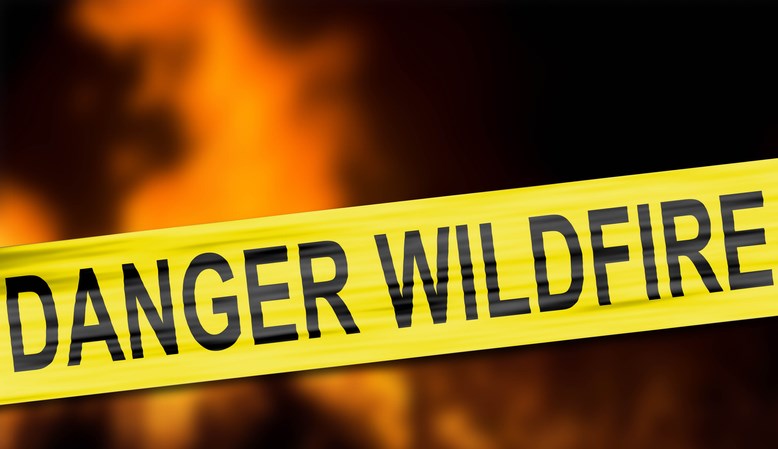REGINA - Saskatchewan Public Safety Agency has provided the latest update on the fire situation in Saskatchewan as of June 1.
According to Marlo Pritchard, SPSA President and Fire Commissioner, there are 20 active fires burning in the province as of 11 a.m. that morning.
Of the active fires, eight are undergoing ongoing assessment, four are classified as protecting property, seven are not contained, and one is classified as contained,
The wildfires of note include the following:
The Aaron fire northeast of La Loche is currently 1,613.6 hectares, and is being resourced by Type 1 Crew Members, Type 2 Crews, Heavy Equipment, Helicopter and Air Tanker Support.
Crews are working to set up hose lines and helicopter bucketing in the northwest corner and also will be working on the east side.
BNIR02 is 55 hectares in size located In community of Turnor Lake. It is being resourced by Type 1 Crew Members, Type 2 Crews, and air tanker support.
Dozer lines have been completed to allow access to ground crews to work in these areas. Crews will be working the north side of the cat guard. Some rain was received overnight, and this fire is now listed as contained.
The Vermette fire is 76,410 hectares located near communities Dillon, St. George’s Hill, and Michel Village. It is being serviced by Type 1, 2 and 3 crews, Heavy Equipment, Helicopters and Air Tanker Support. Dozer lines will be put in different spots around Michel Village. Ground crews will continue to work with water tenders west of Michel Village.
The Shaw fire between Buffalo Narrows and Ile-A-La Crosse is currently 180,413.2 hectares. It is being resourced by Type 1 and 2 crews, heavy equipment, helicopter and air tanker support. Crews will continue working cat guard west of Highway 908 north of the lagoon. Crews will monitor and service value protection units.
The Wistigo fire southeast of Pinehouse Lake is 65,882 hectares, serviced by Types 1, 2 and 3 crews, heavy equipment, helicopter and air tanker support.
Crews will continue to work from the northwest corner down the west flank as new helicopter spots are being constructed. One crew will continue to service value protection units. Minimal rain has been received on this fire.
The Sharp fire north of La Ronge is 18,537 hectares, serviced by Type 1 and 2 crews, helicopter and air tanker support.
Crews will continue west on the south flank and are reassessing value protection units in the area.
KPIR02 south of Deschambault Lake is 9,000 hectares serviced by Type 1, 2 and 3 crew members, helicopter and air tanker support. Crews are working on hotspots and good progress has been made on this fire.
For evacuations, SPSA continues to support individuals and families evacuated from their communities with emergency crisis support. Currently SPSA is providing support for 81 individuals in Regina from the community of the La Loche. SPSA also continues to provide emergency support in Lloydminster and North Battleford on behalf of the Meadow Lake Tribal Council, with evacuees coming from Dillon, St. George’s, Michel Village, English River and Patuanak. However, no updated numbers were available for those.
Reporters attending the media availability Thursday particularly questioned officials on whether there was any support coming from outside the province, amid reports of some international crews being called in to fight fires in some other provinces.
SPSA Cice President of Operations Steve Roberts responded that currently at this time there are no external resources that have been brought into Saskatchewan. Last week, there were some aircraft that had been brought from the province of Quebec but that has since returned to that province.
Roberts noted all the fires are being staffed with government, staff, local community firefighting teams that have been pre-established, and they are hiring local support to train firefighters at the local level to augment those fires as well. They have also been able to acquire helicopters from across Canada.
Roberts did note they had made some preliminary inquiries into the potential availability of crews that could come in from outside the province, given that those resources could be tight given what was happening in Nova Scotia and Alberta at this time.
“Currently, at this time, we are not currently having resources coming into the province.”




